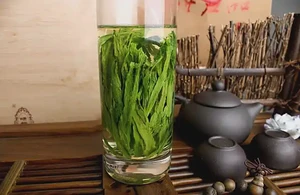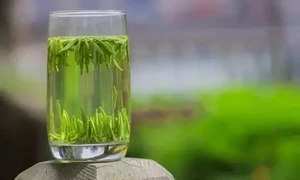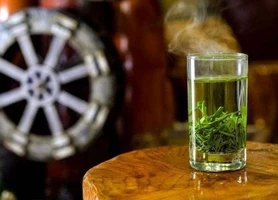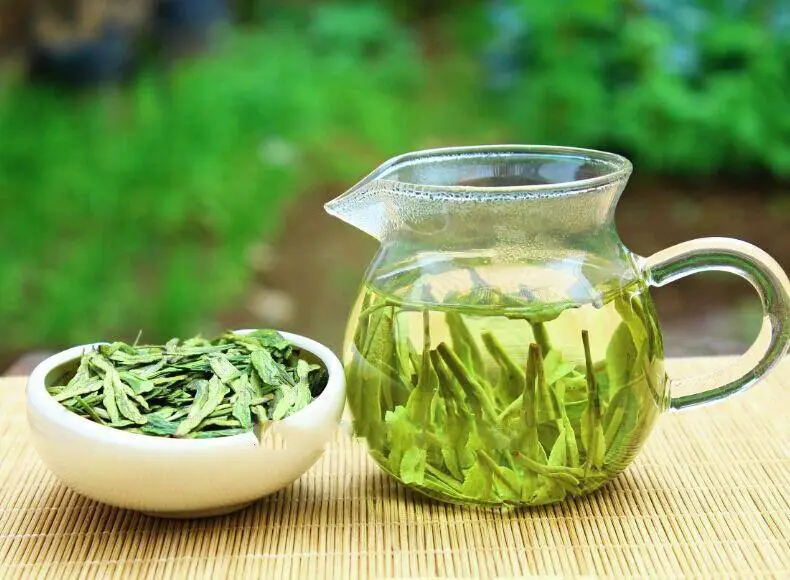

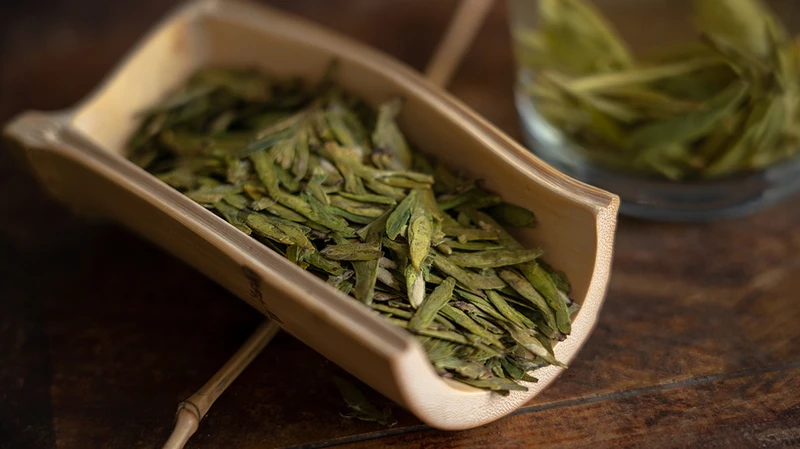
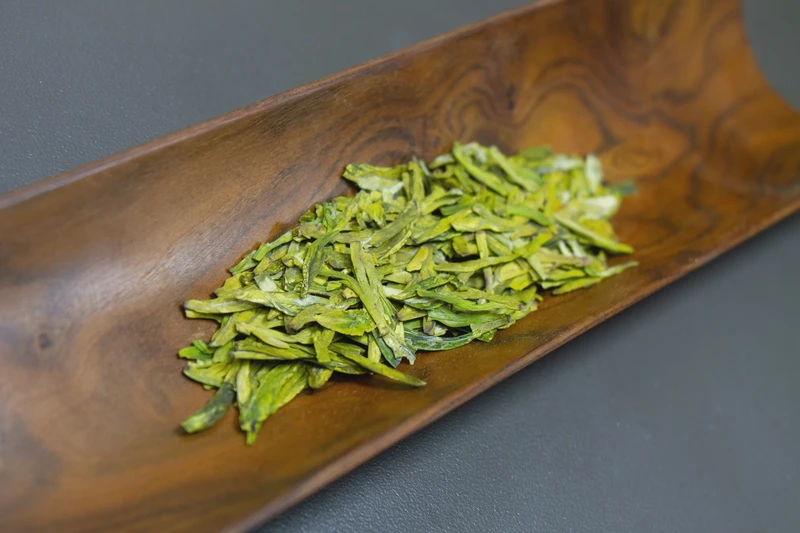
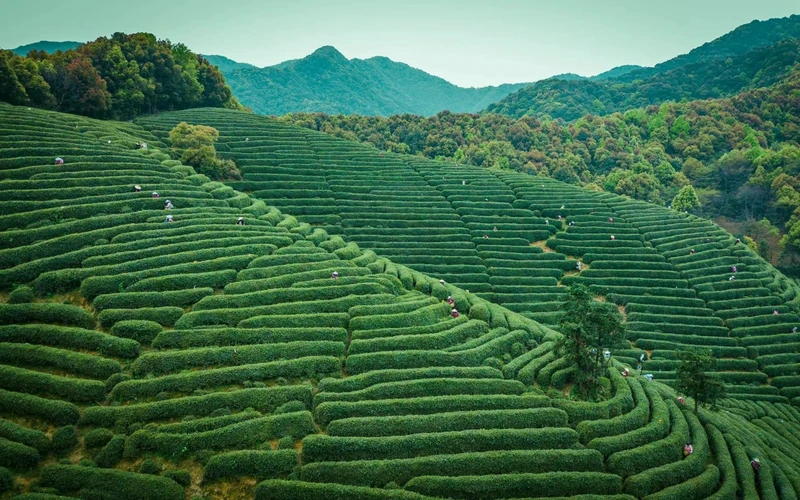
Longjing (Dragon Well)
Origin
Hangzhou
Category
Green Tea
Harvest Time
Pre-Qingming
Processing
Pan-firing
Description
West Lake Longjing, also known as Dragon Well tea, is considered the pinnacle of Chinese green teas. Produced exclusively in the West Lake region of Hangzhou, Zhejiang Province, this tea has been celebrated for centuries for its exceptional quality and distinctive characteristics.
